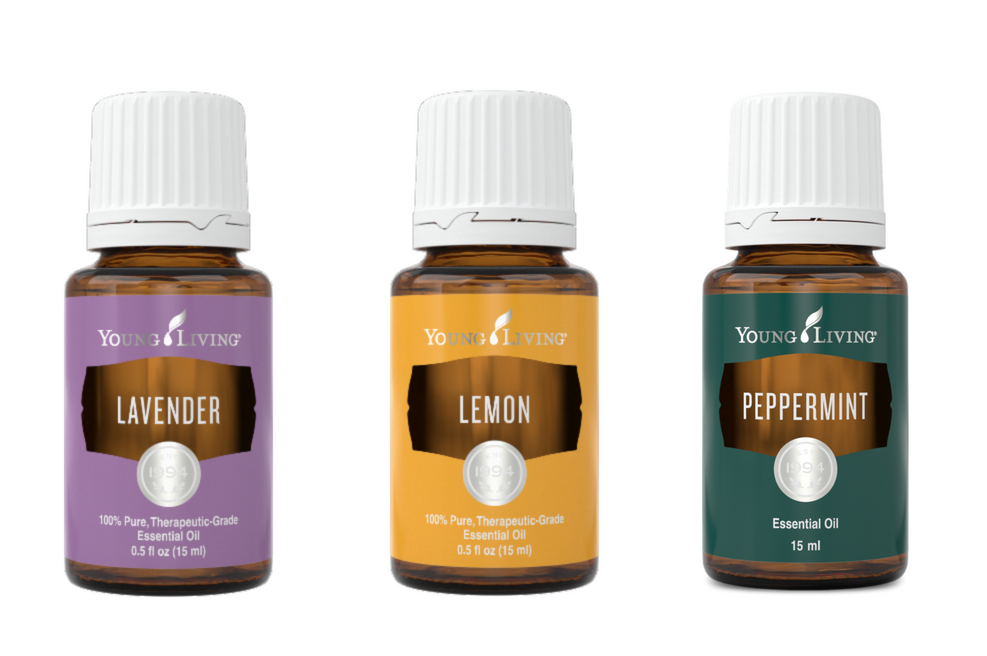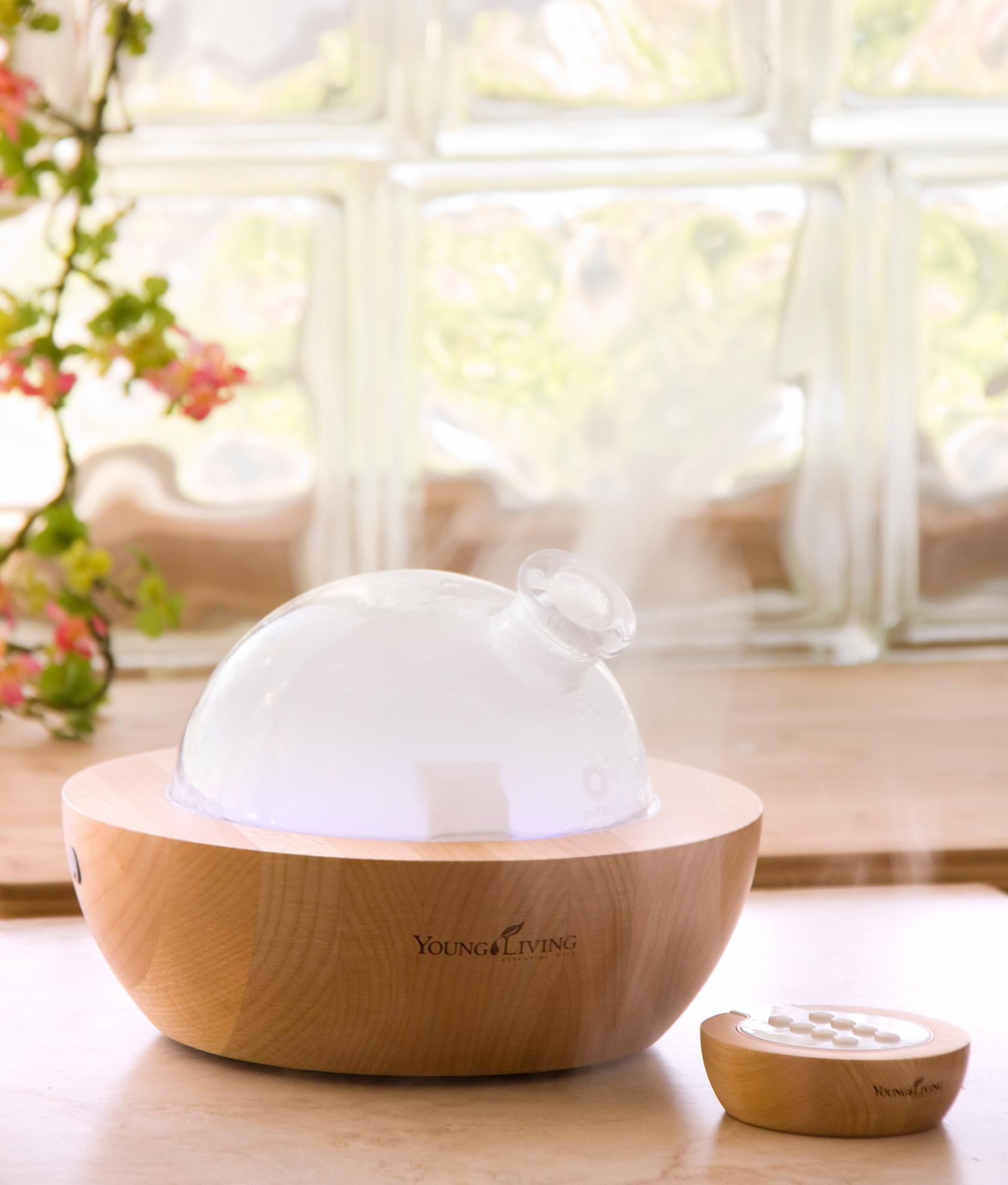How to increase productivity and reduce mistakes in the office
20.03.2018
This bulletin is a “must read” for everyone who works in an office space, and for all parents who have school-age children.
WHAT EVERY OFFICE NEEDS….
I laugh when I hear of people describing essential oils as if they are an “airy fairy” substance with a pretty smell. Little do they know that when you delve into the world of essential oils, you discover hundreds of scientific research studies showing the benefits of essential oils.
 One of my areas of fascination is how essential oils help us in the work environment.
One of my areas of fascination is how essential oils help us in the work environment.
In business, we often talk about looking for the “low hanging fruit”. This refers to a step you could take in your business that would be easy to implement, and would quickly improve your financial success.
So let me give you one area of low hanging fruit that every office-based business can benefit from – and that’s to invest in a cold air diffuser, and to diffuse therapeutic-grade essential oils in the workplace.
Studies show that certain essential oils (in particular lemon, lavender and peppermint) help improve productivity of staff, and reduce errors….and this in turn improves profitability.
But wait! – you know the saying, “oils ain’t oils”? If you are implementing this idea, you need to use therapeutic-grade essential oils, otherwise you are wasting your money. I use Young Living’s essential oils, because their “Seed to Seal” process ensures I get the very best results from every bottle. Click here to learn more…
The Chicago Tribune released this fascinating story:
“Each morning when geologist Masaharu Watanabe walks into his office on the 7th floor of Tokyo’s Idemitsu Oil Development Co., the maps, worktables and drawing instruments all provide instant visual cues nudging him to get to work. But there’s a more subtle reminder, as well: the lemony scent wafting through the air. Watanabe’s company pumps a citrus aroma through the ventilation ducts every 2 minutes, all day long-part of a computerized “environmental fragrancing” system designed to make employees more productive.
“We are put in a better mood,” Watanabe says. “When I smell the fragrance, I feel at home; well, in this case I have to say I feel `at office.’ “
The Tokyo geologist’s fragrant workplace is among the more extreme examples of the use of scent to affect the mind, mood and behavior. Recent research into the nose-mind connection has shown that certain odors (like lemon) make people more alert, while other smells (say, spiced apple) aid relaxation. The Japanese have seized on such findings and are putting them to work.
“The fragrance sense can be fundamental to controlling conditions for office workers,” says Junichi Yagi, a representative for Shimizu, the Japanese company that manufactures the system used in Watanabe’s office…..Shimizu officials claim that piped-in scents help workers concentrate. They cite a month-long study of Japanese keypunchers in which those who inhaled a lemon aroma made 54 percent fewer errors than those who sniffed plain air.”
Making fewer errors, better exam scores!
 In this month-long Japanese University study mentioned above, various essential oils were diffused into an office.
In this month-long Japanese University study mentioned above, various essential oils were diffused into an office.
- When Lemon oil was diffused, 54% fewer errors were made
- When Jasmine oil was diffused, 33% fewer errors were made, and
- When Lavender oil was diffused, 20% fewer errors were made.
When essential oils were diffused during exam time, test results improved by up to 50%!!!
Faster and more accurate
In another scientific study, 40 adults were given a simple math computation to do. They were then exposed to the aroma of Lavender oil for just 3 minutes, and asked to do another simple maths computation. Very interestingly, they performed the math computations faster and more accurately after inhaling the lavender oil.
Typed 35% faster!!!
 In 1996 at the University of Cincinnati, Dr. William Dember found that inhaling Peppermint oil increased mental accuracy by a whopping 28%!!!!
In 1996 at the University of Cincinnati, Dr. William Dember found that inhaling Peppermint oil increased mental accuracy by a whopping 28%!!!!
And in another study in 2003, subjects were asked to rearrange 30 randomized cards alphabetically in 30 seconds, and were also given a typing task.
Participants completed the protocol twice, once with peppermint oil, and once without.
Analysis indicated significant improvements in both typing speed and typing accuracy, as well as in their performance in the card-sorting exercise. In fact, gross typing speed improved by 26%, net typing speed (meaning typing speed once errors have been removed) improved by 35%, and typing accuracy improved by 6%!!!! The scientists concluded from the results that “peppermint odor may promote a general arousal of attention, so participants stay focused on their task and increase performance”.
Mistakes cost money, and speed improves profits. Can you imagine the impact this would have in any office environment?

Favourite combos for the office diffuser
 My absolute favourite combo for the office is 20 drops of Lemon oil and 5 drops of Peppermint oil. I love using this mix whenever I’ve got a big day in the office, especially if I’m feeling a bit tired or fuzzy.
My absolute favourite combo for the office is 20 drops of Lemon oil and 5 drops of Peppermint oil. I love using this mix whenever I’ve got a big day in the office, especially if I’m feeling a bit tired or fuzzy.
Another great combination is 15 drops of Lemon, 5 drops of Lavender and 5 drops of Peppermint oil, OR 10 drops of Lavender and 10 drops of Peppermint.
Try them and see what you like the most!
And make sure you invest in a good diffuser – none of those candle or electric oil burners, as the heat destroys the quality of your oils.
I personally love the ultrasonic diffusers, like Young Living’s Dew Drop or Bamboo diffuser, or if you want a fantastic centerpiece and draw-card for your office reception, then the Aria Diffuser (pictured here) is stunning – and it even plays music!
References:
The Smell Of Success – Will A Whiff Of Certain Aromas Make Us Work Harder, Lose Weight, Chill Out, Be Happier? April 28, 1993 by Katherine Griffin, Universal Press Syndicate/Health Magazine (Chicago Tribune).
Aromatherapy positively affects mood, EEG patterns of alertness and math computations, by M.A. Diego, N.A. Jones, T. Field, M. Hernandez-Reif, S. Schanberg, C. Kuhn, V. McAdam, R. Galamaga and M. Galamaga. International Journal of Neuroscience. 1998 Dec;96(3-4):217-24.
Olfactory stimulation and sustained attention, by W. N. Dember, J. S. Warm, and R. Parasurman (1996) in Gilbert A. (Ed.), Compendium of olfactory research. New York: Olfactory Research Fund, Inc. Pp. 39–46. Google Scholar
Improved performance on clerical tasks associated with administration of peppermint odor, by S. Barker, P Grayhem, J Koon, J Perkins, A Whalen and B Raudenbush. Perceptual and Motor Skills. 2003 Dec;97(3 Pt 1):1007-10. PMID: 14738372
If you would love to receive our essential oils bulletin
from The Oil Temple, CLICK HERE to subscribe
If you’re not already receiving our weekly
Raw Divinity bulletin, CLICK HERE to subscribe


 One of my areas of fascination is how essential oils help us in the work environment.
One of my areas of fascination is how essential oils help us in the work environment. In this month-long Japanese University study mentioned above, various essential oils were diffused into an office.
In this month-long Japanese University study mentioned above, various essential oils were diffused into an office. In 1996 at the University of Cincinnati, Dr. William Dember found that inhaling Peppermint oil increased mental accuracy by a whopping 28%!!!!
In 1996 at the University of Cincinnati, Dr. William Dember found that inhaling Peppermint oil increased mental accuracy by a whopping 28%!!!! My absolute favourite combo for the office is 20 drops of Lemon oil and 5 drops of Peppermint oil. I love using this mix whenever I’ve got a big day in the office, especially if I’m feeling a bit tired or fuzzy.
My absolute favourite combo for the office is 20 drops of Lemon oil and 5 drops of Peppermint oil. I love using this mix whenever I’ve got a big day in the office, especially if I’m feeling a bit tired or fuzzy.